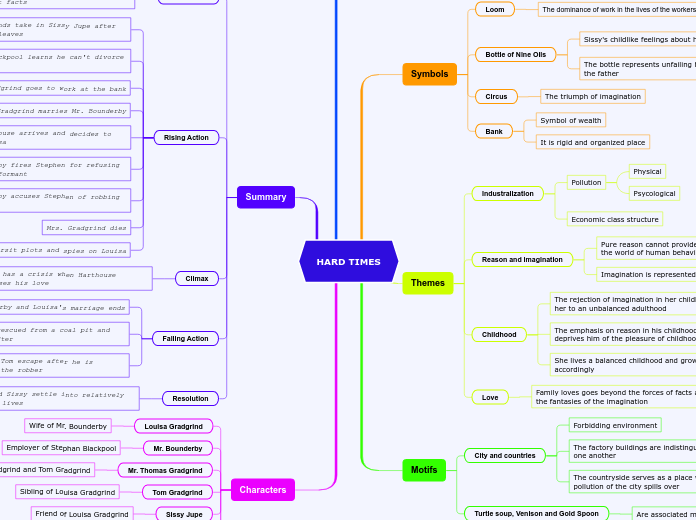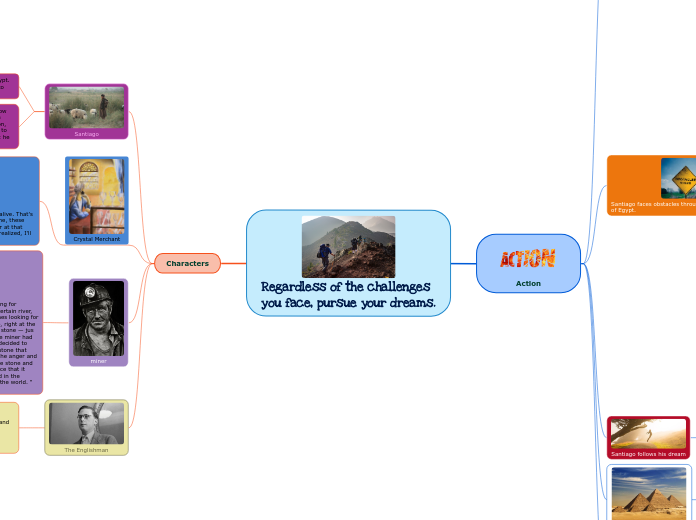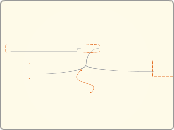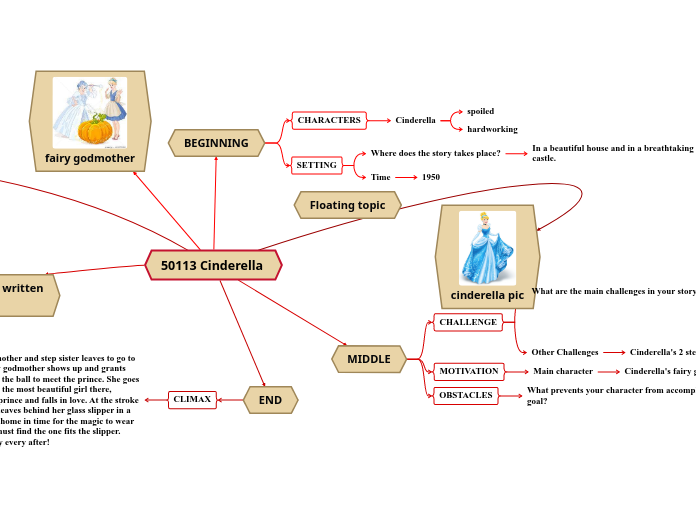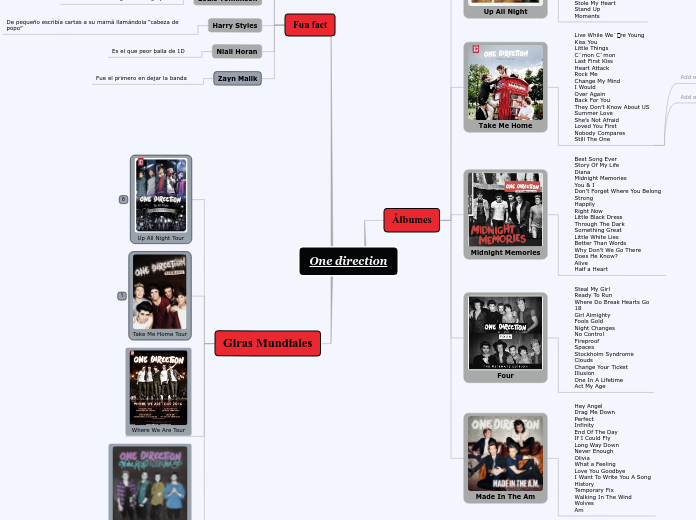HARD TIMES
The part of speech is a category to which a word is assigned according to its syntactic functions. In English the main parts of speech are noun, pronoun, adjective, determiner, verb, adverb, preposition, conjunction, and interjection.
Characters
An interjection is used to express emotion in a sentence.
Think of other interjections!
Mrs. Sparsit
Enemy of Louisa Gradgrind
Stephan Blackpool
Sissy Jupe
Friend of Louisa Gradgrind
Tom Gradgrind
Sibling of Louisa Gradgrind
Mr. Thomas Gradgrind
Father of Louisa Gradgrind and Tom Gradgrind
Mr. Bounderby
Employer of Stephan Blackpool
Louisa Gradgrind
Wife of Mr. Bounderby
Summary
An adverb is used to describe a verb, but it can also describe an adjective or another adverb.
Adverbs normally help paint a fuller picture by describing how something happens.
Resolution
Louisa and Sissy settle into relatively contented lives
Falling Action
The intensifiers strengthen adverbs adjectives and adverbs and down- toners make them weaker.
Sissy helps Tom escape after he is revealed as the robber
Stephen is rescued from a coal pit and dies soon after
Mr. Bounderby and Louisa's marriage ends
Climax
Louisa has a crisis when Harthouse professes his love
Rising Action
Mrs. Sparsit plots and spies on Louisa
Mrs. Gradgrind dies
Mr. Bounderby accuses Stephen of robbing the bank
Mr. Bounderby fires Stephen for refusing to be an informant
James Harthouse arrives and decides to seduce Louisa
Louisa Gradgrind marries Mr. Bounderby
Tom Gradgrind goes to work at the bank
Stephen Blackpool learns he can't divorce his wife
The Gradgrinds take in Sissy Jupe after her father leaves
Introduction
Mr. Gradgrind outlines his pedagogy: nothing but facts
Author
A numeral is a word or phrase that describes a numerical quantity.
Some theories of grammar use the word 'numeral' to refer to cardinal numbers that act as a determiner to specify the quantity of a noun, for example the 'two' in 'two hats'.
Charles Dickens, 1854
Motifs
An adjective is a word that's used to describe a specific noun and to provide more detail to the listener.
Turtle soup, Venison and Gold Spoon
Superlative adjectives demonstrate a higher level of comparison between entities.
Are associated metaphorically to Mr. Bounderby
He uses this as a means of denying his workers any improvement
City and countries
Expresses a comparison between two entities or groups of entities in quality or degree.
The countryside serves as a place where the pollution of the city spills over
The factory buildings are indistinguishable from one another
Forbidding environment
Themes
A noun is defined as a person, place, thing or idea. Proper nouns always begin with a capital letter. Common nouns, which are general words, such as 'cars,' are not capitalized.
Love
Compound nouns are words where two nouns have been stuck together to make a new noun. Compound nouns should be written as one word, without a hyphen.
Family loves goes beyond the forces of facts and the fantasies of the imagination
Family bonds are as real as any fact presented
Childhood
A noun which refers to a group of things/people.
She lives a balanced childhood and grows up accordingly
The emphasis on reason in his childhood deprives him of the pleasure of childhood
Fot Tom
The rejection of imagination in her childhood lead her to an unbalanced adulthood
For Louisa
Reason and imagination
Countable nouns are nouns that can be counted, even if the number might be extraordinarily high.
Uncountable nouns are nouns that come in a state or quantity which is impossible to count; liquids are uncountable, as are things which act
like liquids.
Imagination is represented by the story of Sissy
Pure reason cannot provide sufficient guidance in the world of human behavior and emotions
Industralization
Proper nouns are the names of specific people or places. They should always begin with a capital letter.
Economic class structure
Pollution
Psycological
Physical
Symbols
A verb is an action word or 'doing' word that signifies movement in some way.
Bank
A participle is a verb form that can be used as an adjective or to create a verb tense. There are two types of participles: Present participle (ending -ing) and Past participle (usually ending -ed, -d, -t, -en, or -n).
It is rigid and organized place
Symbol of wealth
Circus
A modal is a type of auxiliary (helping) verb that is used to express: ability, possibility, permission or obligation. The main modal verbs in the English language are: can, could, may, might, must, shall, should, will, would.
The triumph of imagination
Bottle of Nine Oils
A linking verb connects the subject with a word that gives information about the subject, such as a condition or relationship.
The bottle represents unfailing hope and love for the father
For Sissy
Sissy's childlike feelings about her father
For Mr. Gradgrind
Loom
A verb with its own meaning: a verb that is not an auxiliary verb.
The dominance of work in the lives of the workers
For Stephan Blackpool
